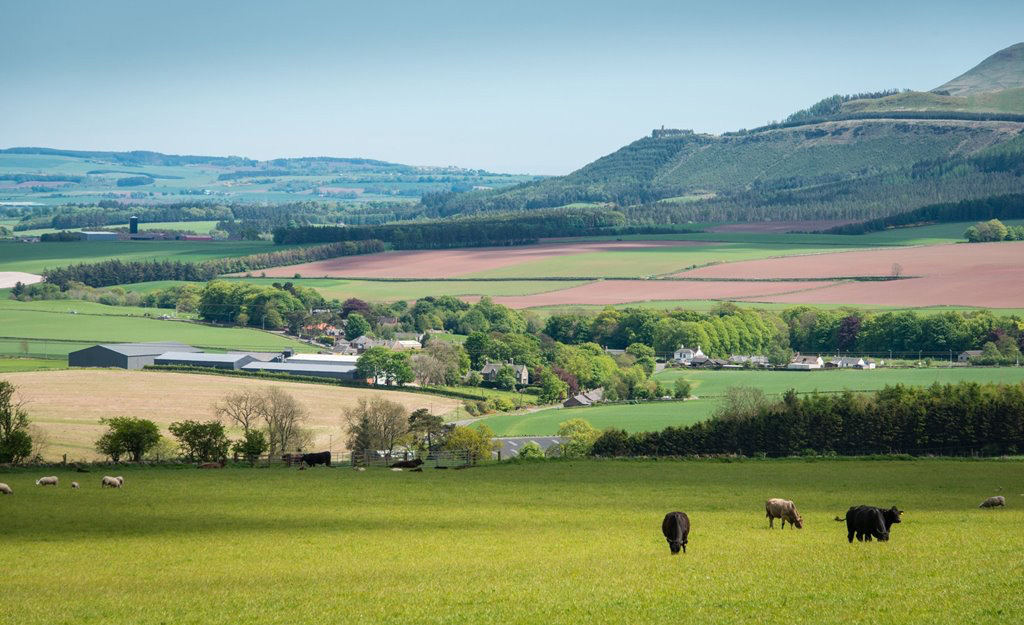
Farmland for sale in Scotland is slowing down and more acres are needed to meet demand as the market is likely to be less active during the second half of the year, Savills farm agency said.
But the agency said farmland was 'trumping politics' and strong values are continuing to be paid for the best land despite the Brexit vote and a potential second referendum on Scottish independence.
"We currently have a situation where there are enough buyers to meet demand and the market needs more farmland. Investors appear to be encouraged by increased certainty with regard to CAP to 2020 at least," said Jamie Wedderspoon of Savills farm agency team in Scotland.
"The exchange rate is helping UK farmland exports, which is reassuring potential buyers. It also means farmland is more affordable for international buyers. Meanwhile buyers from the south are capitalising on the comparative value for money available in Scotland and the opportunity to purchase more acres for less.
"However, with the bulk of farms already advertised, the Scottish market is likely to be less active during the second half of the year.

"While supply increased last year, it remains at historically low levels and this factor, along with the comparatively good value for money, is continuing to support prices in Scotland."
Jeremy Moody, secretary at Central Association of Agricultural Valuers recently spoke at a conference in Dublin last week and said investors were worried about Brexit as well as a challenging situation caused by negative interest rates.
"Half of Eurozone government debt now has negative interest rates. It can be hard to understand a world where people are lending money at negative interest rates.
"Despite many forecasts in the campaign, markets have overall stayed on the paths they had before the referendum. This is a story of commercial sense seeing through the turbulent moves in sentiment that immediately followed the vote."
CKD Galbraith's partner Simon Brown, said: "We are witnessing a good level of demand for both east and west coast properties that we have brought to market and good-quality land is attracting buyers who are happy to increase their gearing if the right property comes available."
Majority of farmers backed Brexit
English farmland values fell by just 1.7% in the second quarter of 2016, compared with a slide of 3% during the first three months of the year.
Given that agriculture is the biggest recipient of EU funds via the Common Agricultural Policy (CAP) – many UK farming businesses rely on farm subsidies to break even – it might have been expected that the Brexit vote would have had a bigger effect on prices.
However, there are a number of reasons why this hasn’t happened.
According to polls, a majority of farmers backed Brexit. And sterling’s loss also makes UK farmland better value for overseas investors – we have already received a number of enquiries from a wide-ranging geographic spread of potential buyers attracted by this currency boost and also farmland’s safe-haven status.
Prices should remain steady for the rest of the year, but looking further forward it is harder to judge where they will head.
Much will depend on the outcome of the UK’s trade negotiations with the EU and the rest of the world, as well as how the government decides to replace the CAP.
"If any of these changes render some farming businesses unsustainable we will likely see more land come to the market," the Knight Frank report said.
"This could put downwards pressure on values, but it will also present opportunities for entrepreneurial businesses and investors, and demand should remain firm."
